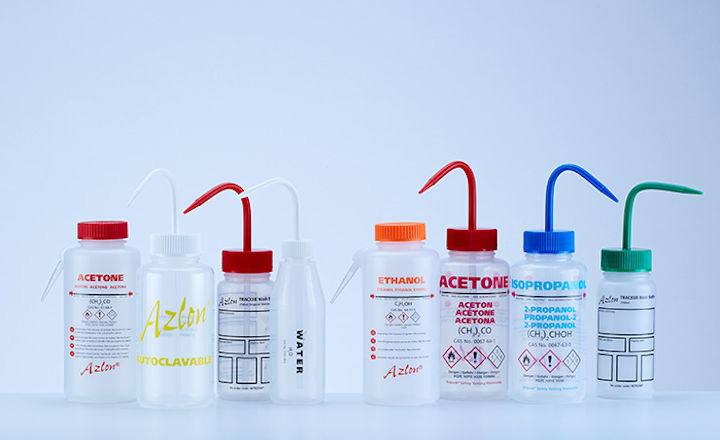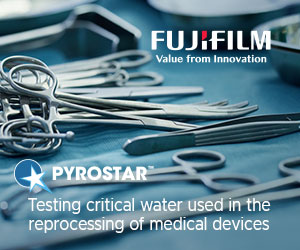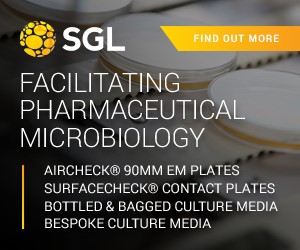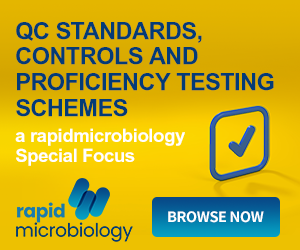High-throughput Mole...
Hardy Introduces Aut...
31st July 2019 Content supplied by: SciLabware Ltd.
Azlon® Re-Usable Plasticware – Maximising Product Life
How long reusable plasticware lasts depends on how well you treat it! Follow these guidelines to keep your Azlon® product in the best possible condition.
1. Chemicals used
Chemicals can adversely affect the performance of plasticware even resulting in damage. Make sure you use the most suitable polymer for the chemical. Always consult the Azlon® plastic technical guide if you are unsure.
2. Cleaning Azlon® plasticware?
Azlon® plasticware should be cleaned in warm water with Lipsol detergent and a soft cloth or sponge. To prevent scratching and ink removal, abrasive cleaners and scouring pads should be avoided. If you’re using an automatic laboratory washing machine, be sure to use temperatures below 60°C. This is especially important for volumetric plasticware as high temperatures can affect their accuracy.
3. Can Azlon® products be autoclaved?
A selection of Azlon® products are suitable for autoclaving. In general, if a product is made from polypropylene or PMP, it is suitable for autoclaving at 121°C or 135°C respectively. If you are still unsure then look at the 'A' symbol as all items that are autoclavable display a red Azlon® symbol next to them. When autoclaving plastic bottles care must be taken to ensure that the cap is completely loosened to prevent deformation of the bottle. Reattaching the cap before the bottle has sufficiently cooled will also cause deformation. We recommend completely removing the cap before autoclaving and attaching the cap to the side of the bottles with autoclave tape to keep track of the components.
4. Can Azlon® products be recycled
The majority of the Azlon® plastics range had recycling codes on the base to help support laboratories to be as sustainable as possible, and recycle rather than dispose of any end of life plastics. Plastics that can most commonly be recycled are polystyrene (PS), polypropylene (PP) and high-density or low-density polyethylene (HDPE/LDPE). Care must be taken to ensure that plastics have been safety decontaminated in line with your institutions policy prior to disposal.
Tags:
Date Published: 31st July 2019
Source article link: View
Related news
High-throughput Molecular Pap Smear System
Hardy Introduces Automated CompactDry™







